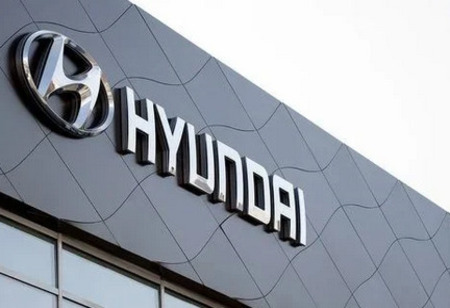
Hyundai Motor Group Under Strain from Delay in Tariff Cut


Hyundai Motor Group is experiencing increasing financial pressure due to the ongoing tension between South Korea and the United States regarding the timing of implementing their recently negotiated 15 percent automotive import tax.
This postponement further intensifies the economic strain on the South Korean automotive manufacturer, given that it continues to face a substantial 25 percent import duty when shipping vehicles to the United States.
During a recent meeting between South Korean President Lee Jae Myung and United States President Donald Trump held toward the end of last month, the two nations successfully negotiated a comprehensive trade agreement aimed at reducing tariffs to approximately 15 percent.
Also Read: Airbus India Chief Proposes SAF Fuel Programs in CSR Framework
The presidential administration of Korea announced that a comprehensive document outlining the mutual agreement, including a precise schedule for tariff reductions, would be made available to the public within a timeframe of two to three days.
The timeline of the event has unexpectedly been extended by approximately two weeks without a clear explanation. As a result, Hyundai Motor and Kia—two automakers that depend significantly on selling vehicles in the United States market—are now vulnerable to increased financial setbacks, given that they continue to be subject to the original high tariff rate of 25 percent.
South Korea's primary approach is to urge the United States to implement the 15 percent automotive tariff retrospectively starting from November 1st, though it is uncertain whether the U.S. will agree to this request.
Domestic automobile manufacturers urgently require a reduction in trade barriers at the soonest opportunity, given their significant revenue decline reported in the most recent financial quarter. Hyundai Motor and Kia experienced substantial drops in their operational earnings, with Hyundai seeing a 29 percent reduction and Kia witnessing a steeper 49 percent decline, primarily attributed to the economic impact of U.S. trade tariffs.
Also Read: Japan PM Eyes Cooperation With US in Rare Earth Development
Compared to automobile manufacturers from Japan and the European Union, which encounter lower import duties, Hyundai Motor Group has already experienced more substantial financial setbacks due to tariff-related challenges in the US.
The European Union successfully concluded its tariff negotiation with the United States on July 27, following which the U.S. began implementing a lowered tariff rate of 15 percent on automotive imports from the European region, applying the reduction retroactively starting August 1. Similarly, Japan and the United States finalized their tariff agreement on September 4, and Japanese automobile manufacturers have been subject to the reduced 15 percent tariff since September 16.
South Korea aims to emulate the European Union's approach to assist Hyundai Motor Group in reducing its financial losses. However, the automotive company might ultimately mirror Japan's experience and face prolonged challenges unless the United States agrees to implement the requested tariff reduction by November 1st.
Specialists recommend that South Korea's administration negotiate with the United States to ensure the tariff reduction takes effect no later than November 1st, given that Korean automotive manufacturers have already experienced more significant negative impacts from U.S. trade taxes compared to European and Japanese car companies."
Also Read: Hyundai Motor CEO Calls for Resilience, Adaptability
Kim Pil-soo, an automotive technology instructor at Daelim University College, strongly advised against South Korea making any compromises on the schedule for reducing tariffs.

